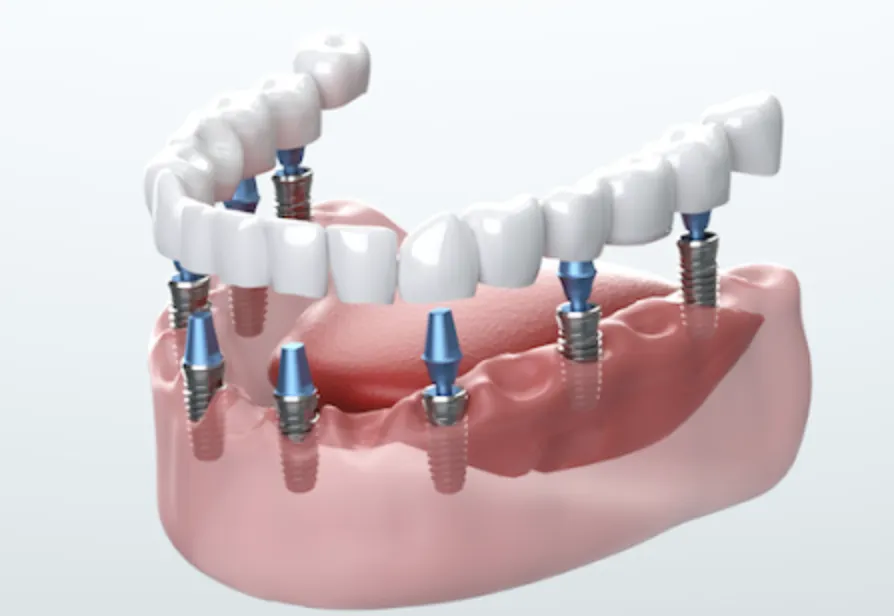What is Plaque Psoriasis?
Plaque psoriasis is the most common form of psoriasis, accounting for about 80-90% of all psoriasis cases. It is an autoimmune disorder where the body’s immune system mistakenly attacks healthy skin cells, causing them to multiply rapidly. The result is thick, red, scaly patches known as plaques, most often found on the scalp, elbows, knees, and lower back. These plaques can be itchy, painful, and sometimes crack or bleed.
Symptoms of Plaque Psoriasis
The symptoms of plaque psoriasis can vary in severity but typically include:
- Red patches of skin covered with thick, silvery scales.
- Dry, cracked skin that may bleed.
- Itching, burning, or soreness around the affected areas.
- Thickened or pitted nails, in some cases.
- Stiff or swollen joints, which may indicate psoriatic arthritis, a related condition.
Plaque psoriasis tends to go through cycles, with periods of flare-ups followed by times of remission.
Causes and Triggers
The exact cause of plaque psoriasis remains unknown, but it is believed to result from a combination of genetic, environmental, and immune system factors. Common triggers that can worsen the condition include:
- Stress: Emotional stress is a significant trigger for flare-ups.
- Infections: Certain infections like strep throat can prompt psoriasis flare-ups.
- Weather conditions: Cold, dry weather can aggravate symptoms.
- Medications: Drugs such as lithium, beta-blockers, and antimalarials may worsen psoriasis.
- Lifestyle factors: Smoking, alcohol consumption, and poor diet can contribute to the severity of the condition.
Treatment Options
There are numerous treatment options available to help manage plaque psoriasis. The most effective treatment often depends on the severity of the condition and a patient’s response to therapies.
-
Topical Treatments: Creams and ointments like corticosteroids, vitamin D analogs, and retinoids can reduce inflammation and slow down skin cell turnover.
-
Phototherapy (Light Therapy): Exposure to ultraviolet (UV) light can slow the growth of skin cells and clear up plaques.
-
Systemic Medications: For moderate to severe cases, systemic drugs (taken orally or by injection) like methotrexate, cyclosporine, and biologics can target specific parts of the immune system to reduce symptoms.
-
Biologics: These are a newer class of medications that block certain proteins involved in the immune response, providing relief for more severe cases.
-
Lifestyle Adjustments: A healthy diet, regular exercise, and stress reduction techniques can help minimize flare-ups and improve overall well-being.
Living with Plaque Psoriasis
Managing plaque psoriasis requires ongoing attention to treatments, lifestyle changes, and emotional well-being. Regularly moisturizing the skin, avoiding triggers, and sticking to prescribed treatments are key components of living with the condition. Joining support groups or seeking counseling can also be beneficial in managing the emotional impact of living with a chronic illness.
| Center | Pros | Cons | Price Range | Trustworthiness | Website |
|---|---|---|---|---|---|
| National Psoriasis Foundation | Extensive resources, support groups | Not a treatment facility | Free resources | ★★★★★ | psoriasis.org |
| Mayo Clinic Dermatology | World-renowned, advanced treatments | Expensive, requires early appointments | $$$ | ★★★★★ | mayoclinic.org |
| Johns Hopkins Psoriasis Center | Leading research, cutting-edge treatments | Limited availability, long wait times | $$ | ★★★★★ | hopkinsmedicine.org |
Recommended Psoriasis Treatment Centers
Here are some reputable centers and dermatology clinics specializing in psoriasis treatment. Each offers unique advantages and possible drawbacks depending on the patient’s needs.
-
National Psoriasis Foundation
- Pros: Offers extensive resources for managing psoriasis, including support groups and the latest treatment information.
- Cons: Primarily a resource center, not a treatment facility.
- Website: www.psoriasis.org
-
Mayo Clinic Dermatology
- Pros: World-renowned for its expertise in dermatology and advanced psoriasis treatments.
- Cons: Can be expensive and requires appointments well in advance.
- Website: www.mayoclinic.org
-
Johns Hopkins Psoriasis Center
- Pros: Leading research center with cutting-edge treatment options for severe cases.
- Cons: Limited availability and long wait times.
- Website: www.hopkinsmedicine.org








